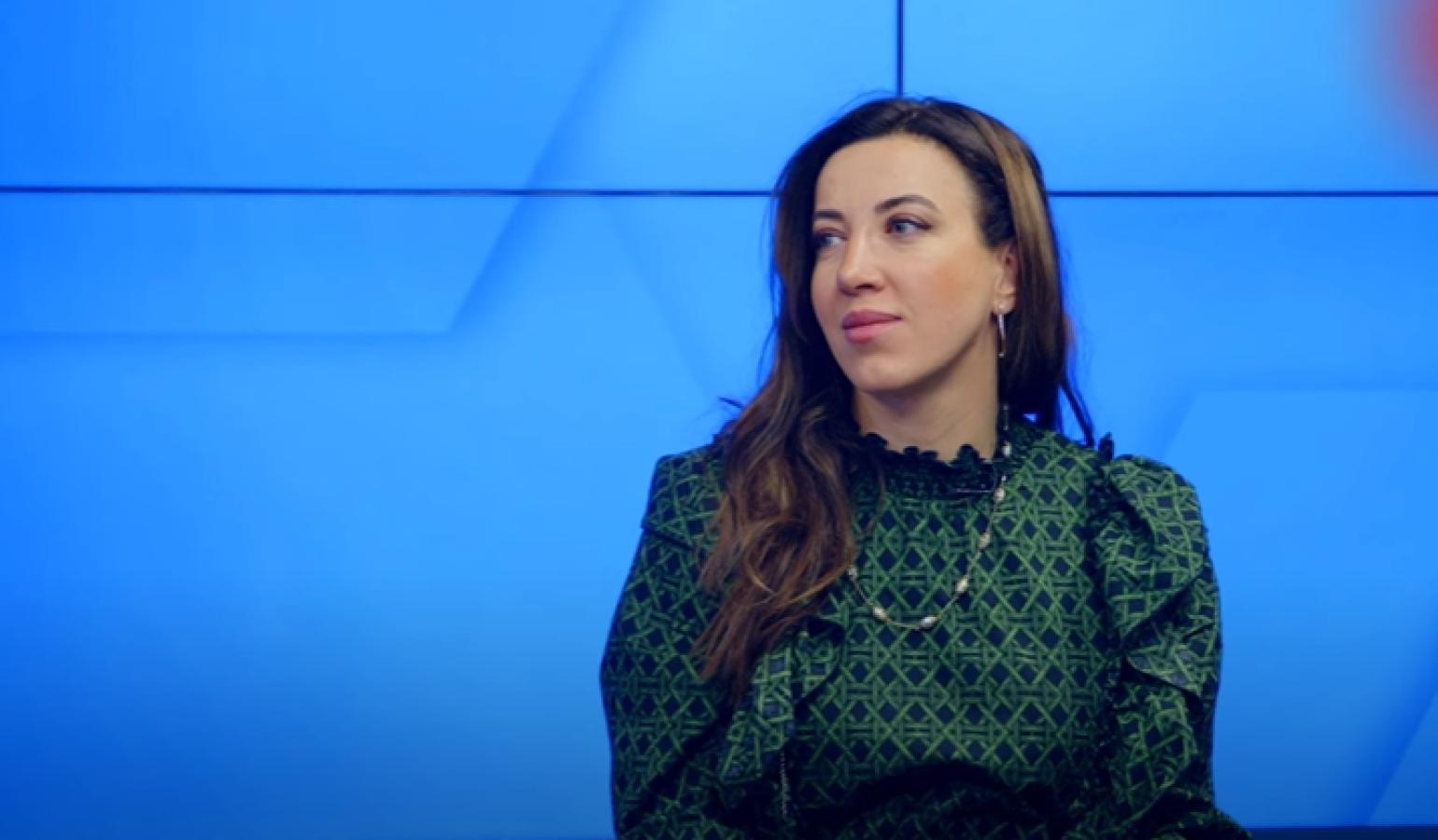
"Armenia must be able to acquire legal leverage in the legal process, which can then be used for diplomatic and political purposes on platforms where Armenia is typically in a weaker position," said Siranush Sahakyan, the head of the Center for International and Comparative Law, in response to questions from 1st News.
In the human rights advocate’s assessment, the Republic of Armenia has not exhausted all legal mechanisms. "For example, Armenia has not filed a lawsuit against Azerbaijan based on the Convention against Torture, and fighting torture is mandatory here, which entails the obligation to prevent torture and punish those responsible. Through this process, Armenia could even reach criminal accountability for Azerbaijani officials."
"We can also psychologically reposition ourselves in our relations with Azerbaijan. There are prospects for submitting such claims, for example, in the Permanent Court of Arbitration, where Armenia has been very passive, and, of course, it is possible to activate processes in various UN mechanisms," she added.
The human rights advocate believes that parallel struggles should be conducted and various fronts should be formed. "Of course, the political front is important, unavoidable, and is a constant process, but in order to complement it, we need a legal front where the prospects for victories are clearer, stronger, more stable, and long-term."
Addressing international responses to the ongoing trials in Baku, Sahakyan stated that the international position is that these trials cannot be legitimate without external international presence. "One thing Azerbaijan failed to secure, and which already raises questions, is what Azerbaijan wanted to hide by fearing the presence of international observers and refusing to cooperate with many organizations and countries to ensure their physical presence at court hearings. It is an important observation that these trials are happening without international involvement. They are organized exclusively by Azerbaijani authorities, which also carry out a state-level policy of anti-Armenianism."
The Armenian captives held in Baku are deprived of the opportunity to defend themselves. Only Ruben Vardanyan, one of the Armenian prisoners, was able to find a qualified local lawyer in Azerbaijan to represent his interests in the court process, but Azerbaijan forced the involvement of a state-appointed lawyer alongside the private one. "If Mr. Vardanyan did not have a lawyer, the involvement of the state lawyer would have certain reasons, but in these conditions, the state wants to intervene through its lawyer to control even the right to defense in a trial where the outcome is already predetermined. The private lawyer was subjected to numerous restrictions, including access to case materials, measures to organize the defense, and time.
Furthermore, there were also statements that the lawyer was subjected to psychological and other forms of pressure, forcing him to take actions contrary to Mr. Vardanyan's interests or sign documents that did not reflect the truth. This also revealed that these processes are organized under pressure, and statements made without free expression cannot have probative value in legal proceedings," the human rights defender stated, adding that this is being recorded by various organizations with a human rights mandate. "I believe this will serve as the basis for numerous resolutions against Azerbaijan, and by the end of the process, we will have a clear, unified international position stating that these trials do not meet the standards of a fair trial, and the judicial acts that impose punishment are not legitimate and cannot serve as a proper legal basis for deprivation of liberty."
Sahakyan assessed that the release of the political and military leaders of Artsakh and the other captives held in Baku will happen as a result of a political process. "If we have a failure in political processes, in my assessment, the release of these individuals will be secured through the activities of international courts. That release will not happen immediately, but at least in the medium-term, I see that the actions of international courts will allow for the release of Armenian prisoners held in Baku."
Responding to the withdrawal of claims in international courts, Sahakyan stated that abandoning such claims would mean that Azerbaijan's state policy will continue and its manifestations could become more complicated and undesirable.
"The ongoing processes in the European Court of Human Rights are also related to specific individuals. For example, the Republic of Armenia has filed complaints on behalf of certain prisoners or families of the missing, regarding the destruction of cultural or religious property, and issues related to the property rights of hundreds of thousands of people. It turns out that if Armenia withdraws from the inter-state complaint, these individuals will be left unprotected, and we will not have legal processes concerning their rights. The issue will completely shift to the political arena, and if solutions are not found in the political domain, these individuals will become deprived of their rights and unprotected. The Republic of Armenia will have no other lever to protect or restore the rights of these individuals," said Sahakyan.